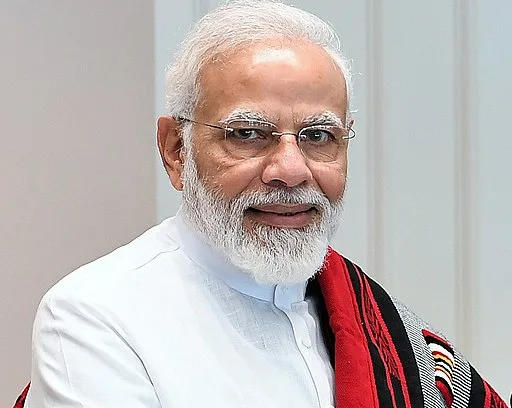The collapse of a metal canopy at Delhi’s airport highlights safety issues amidst India’s infrastructure push under Prime Minister Narendra Modi
A tragic incident unfolded at Delhi’s busiest airport when an outdoor metal canopy collapsed during heavy rainfall, leading to the cancellation of operations at Terminal 1. The catastrophe, which claimed one life and injured eight others, has spotlighted a series of recent infrastructure failures across India. The country, under the leadership of Prime Minister Narendra Modi, has been investing billions into transportation improvements and other infrastructure projects to bolster economic growth.
The collapse occurred amidst record-breaking rainfall for June, marking the heaviest in 88 years in the region. This disaster comes in the wake of multiple infrastructure failures elsewhere in India, including the collapse of four bridges in Bihar and structural failures at an airport in central India. With the monsoon season underway, cities are grappling with widespread water-logging issues, exacerbating concerns about infrastructure resilience and maintenance.
Embed from Getty ImagesPrime Minister Modi has been at the forefront of India’s infrastructure drive, inaugurating numerous projects aimed at modernizing airports, expanding railways, and upgrading highways. This ambitious push, amounting to 44.4 trillion rupees ($532 billion) in upcoming infrastructure, is seen as pivotal for sustaining India’s economic momentum and attracting international investments as China’s growth slows.
However, the recent incident at Delhi’s airport has drawn criticism, questioning the quality and oversight of these developments. Niranjan Sahoo from the Observer Research Foundation in New Delhi remarked that the collapse tarnishes India’s global image and raises doubts about the integrity of many projects, dismissing some as mere “electoral gimmicks.”
Economists argue that robust infrastructure is essential to propel India’s growth trajectory, potentially boosting GDP growth to 9% by 2030, up from 8.2% in the previous fiscal year. Yet, opposition leaders, including Mallikarjun Kharge of the Indian National Congress, have lambasted Modi’s infrastructure agenda as wasteful and marred by corruption allegations. They contend that resources should prioritize poverty alleviation and job creation instead of flashy development projects.
In response to the criticism following the airport collapse, India’s aviation minister clarified that the collapsed structure was not part of recent renovations inaugurated by Modi, seeking to mitigate political fallout. Nevertheless, the incident has underscored concerns about maintenance standards and governance oversight in India’s infrastructure initiatives.
Analysis:
Political Perspective: Prime Minister Modi’s infrastructure agenda has been a cornerstone of his governance strategy, aimed at bolstering India’s global competitiveness and economic resilience. However, incidents like the Delhi airport collapse highlight challenges in execution and oversight, providing ammunition for political opponents who criticize the prioritization of infrastructure over social welfare issues.
Social Perspective: The collapse raises broader questions about public safety and the adequacy of infrastructure to withstand natural disasters such as heavy rains. It underscores inequalities in infrastructure development, with urban centres receiving priority over rural areas where infrastructure deficits persist.
Economic Perspective: Economists argue that robust infrastructure is crucial for sustaining economic growth and attracting foreign investment. The ambitious infrastructure drive aims to position India as a manufacturing hub and alternative to China for global businesses, potentially driving GDP growth upwards in the coming decade.
